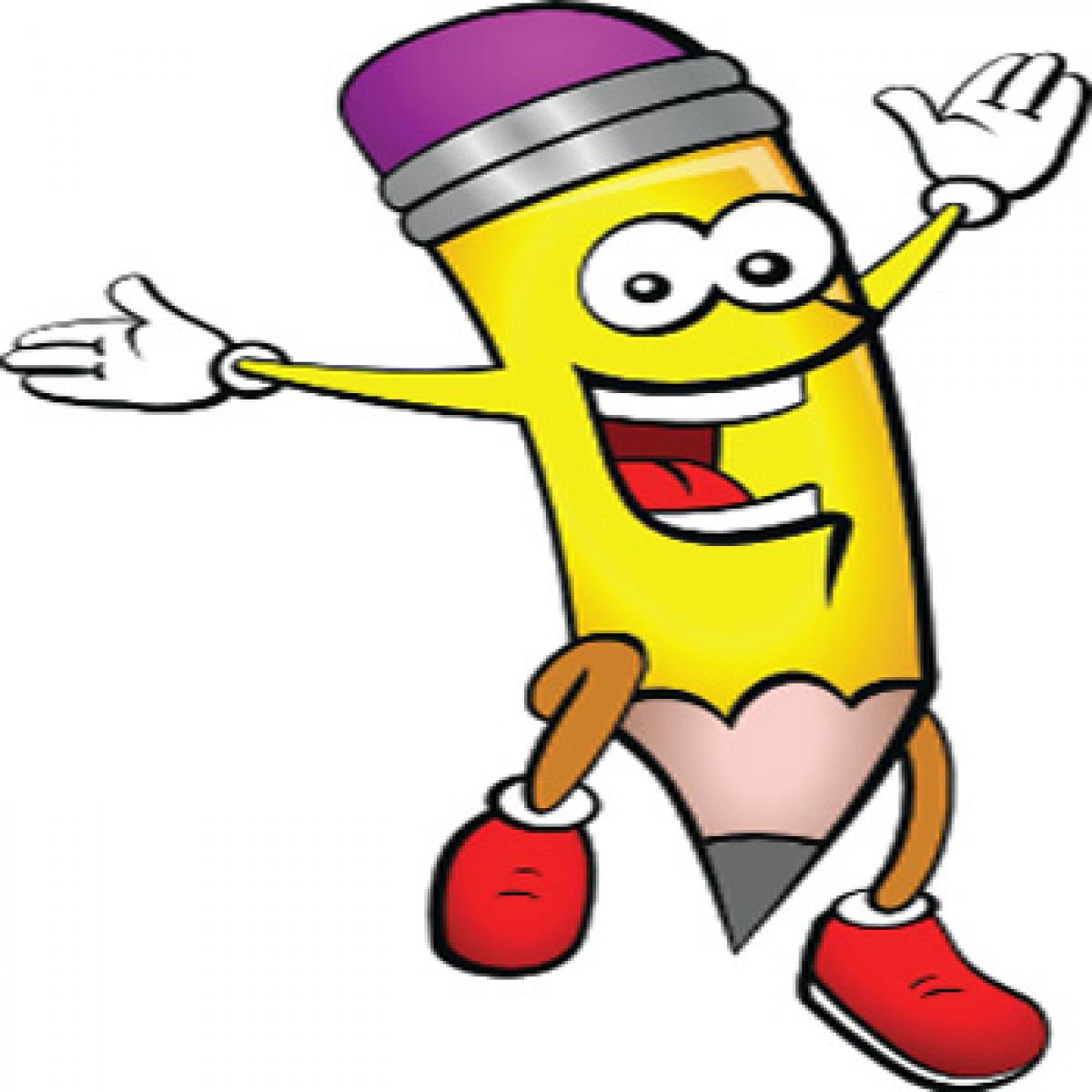Cog, Cognate, Cognition

Physics and mathematics are cognate subjects. Cog is a gear tooth. Cog or the tooth in the gear enables the wood or the metal to fit into a slot of another gearwheel. Cog is one of the series of projections on the edge of a wheel that transfers motion by engaging with another series (of cogs).
Physics and mathematics are cognate subjects. Cog is a gear tooth. Cog or the tooth in the gear enables the wood or the metal to fit into a slot of another gearwheel. Cog is one of the series of projections on the edge of a wheel that transfers motion by engaging with another series (of cogs).
Gears and wheels have cogs to aid motion. Cog is a noun. Cog also refers to someone in an organization who is not very important (he is one of the cogs in the organization). A cog is an unimportant person; someone who plays a minor role. In carpentry, cog indicates to the tongue in the one timber fitting into a corresponding slot that is a cogged joint.
Cogs of the organization are dispensable, so are the CEOs in a globalized, and globalizing world. Cogged is an adjective. Cog also functions as a verb meaning to manipulate, to load dice unfairly, to cheat in the game of dice; its variants are cogged, cogging. Slip a cog is an idiom: to make an error, to make a blunder. Who must have slipped the cog into the project from completion?
Cognate functions as a noun and an adjective. As an adjective it refers to relating to or coming from a common ancestor; related to someone or something; connected; in vocabulary, words coming from the same linguistic family. The words cold (English) and kalt (German) are cognate words.
Cognate object is an object in a sentence related in origin and in sense to the verb governing it: live a good life. In law, a cognate relative is the blood relation from the mother’s side. The opposite of cognate is noncognate. The variants of cognate are cognateness (noun) and cognative (adjective).
Cognition means knowing, perceiving, conceiving about something by the mind. It is a distinctive faculty of human. Cognition is different from emotion, and volition. Cognition comes from the Latin word ‘cognitio’. The derivatives of the noun cognition are cognitively (adverb), cognitive and cognitional (adjectives).
Cognitive decline is a slow and gradual loss of mental focus, mental understanding and memory. Cognitive decline is generally associated with age (as you age, your cognition declines but there are remedies to stymie its progress for example doing puzzles, crosswords).
Note that cognition is different from dementia. Dementia is a pathological condition. People are assessed for their cognitive skills. Cognitive therapy is a type of psychotherapy. Cognitive therapy helps a person to fight against the negative patterns in the mind about himself and the world around.














